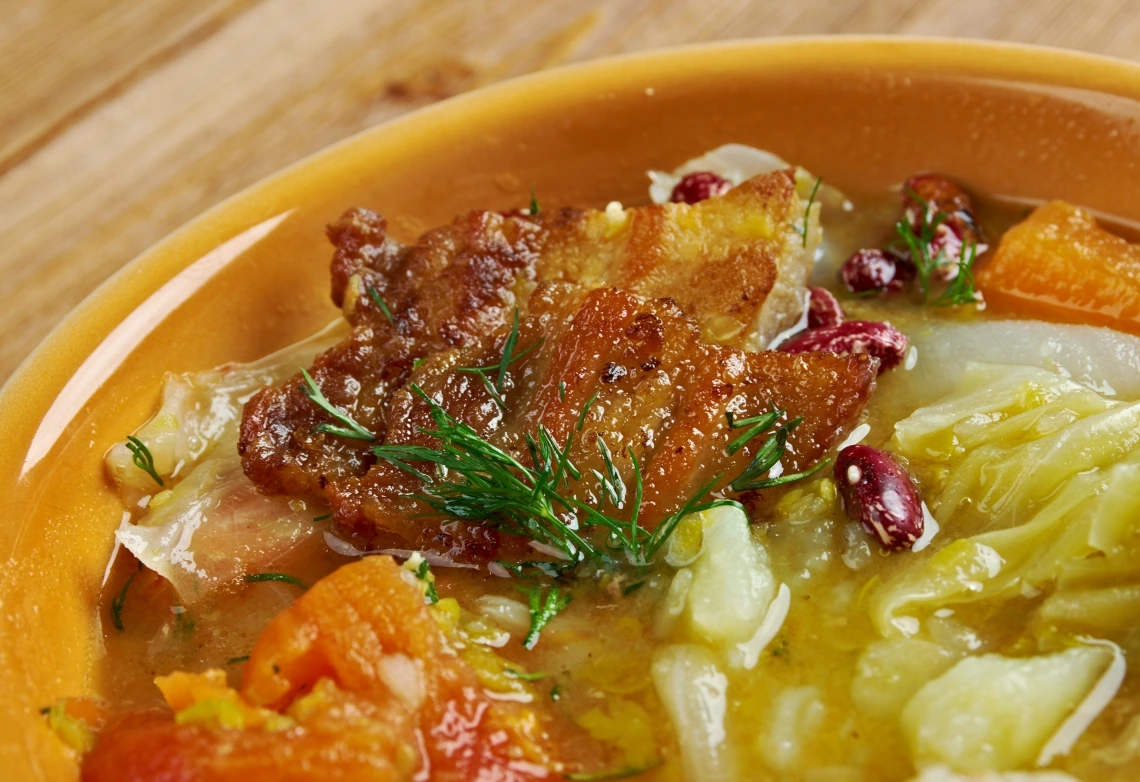Tasting tomorrow: Adapting heritage cuisine for a changing climate
A University of Arizona-led project seeks to preserve family recipes in the face of climate change.

Olla podrida is a traditional Spanish stew. Tepary beans, which are native to the Sonoran Desert, could be a future substitute for the Spanish red beans that the recipe normally calls for as the climate in Spain becomes more like Tucson's.
As climate change continues to affect conditions for growing local ingredients, a bite of your favorite hometown dish could taste a little different in the future. But heritage cuisine, and the culture and sense of community that come with them, may live on with the help of a new University of Arizona-led project called Tasting Tomorrow.
In about 50 years, climate scientists expect that the climate in the city of Burgos, in northern Spain, will resemble Tucson's hot, dry climate today. At the same time, Tucson's climate is expected to be more similar to that of the central Australian desert. Shifting climates around the world have the potential to change growing conditions for some native crops, in some cases forcing them out completely.
Finding substitutions for native crops in recipes will become necessary to preserve local, traditional cuisine, said Jonathon Keats, a research associate at the UArizona Desert Laboratory on Tumamoc Hill.
Keats – an artist, writer and experimental philosopher – and his collaborators created the Tasting Tomorrow project to allow people to share knowledge about native ingredients in an effort to preserve and adapt traditional recipes and food preparation knowledge.
